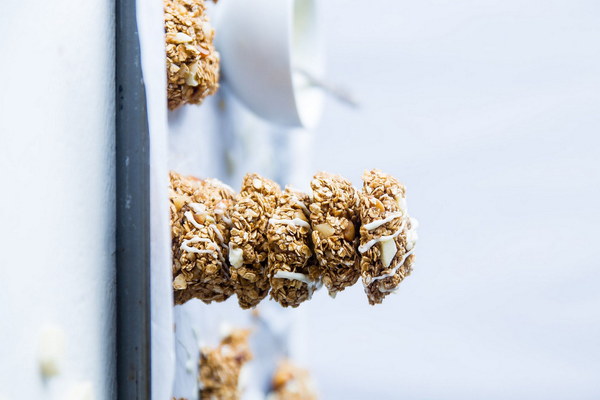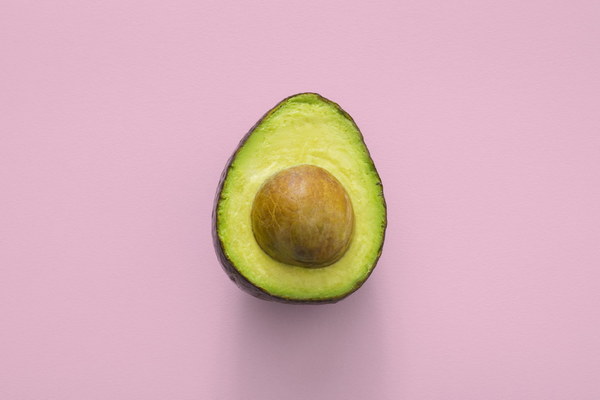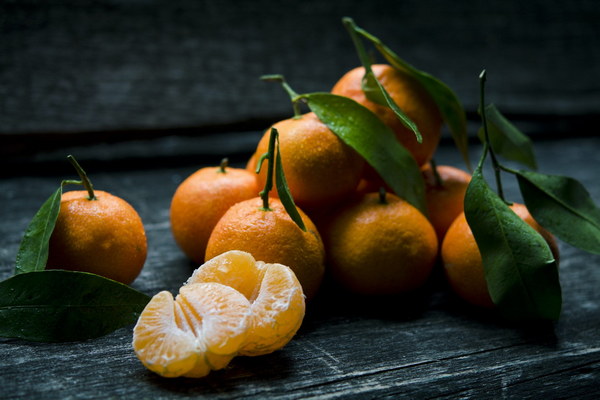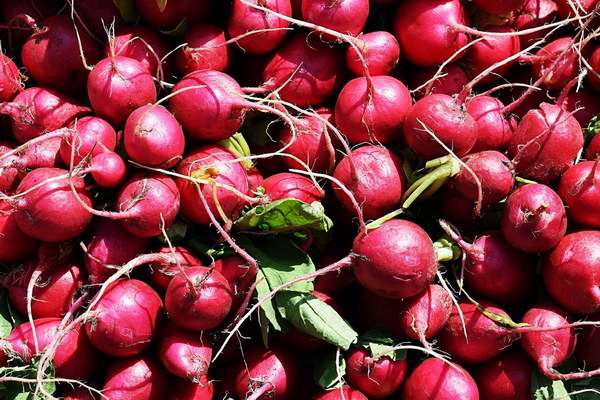Bamboo Tree Can It Nourish the Lungs and Is It Toxic
Bamboo trees, with their towering stature and graceful appearance, have always been a symbol of strength and resilience in many cultures. However, there is a growing interest in their potential health benefits, particularly in relation to lung health. In this article, we will explore whether bamboo trees can nourish the lungs and whether they are toxic.
Firstly, it is important to clarify that bamboo trees, in and of themselves, do not have the ability to nourish the lungs. However, their association with lung health is rooted in traditional Chinese medicine (TCM), where certain parts of the bamboo plant are believed to have medicinal properties.
In TCM, bamboo is commonly used in various herbal formulas to treat respiratory conditions, such as coughs, colds, and bronchitis. The primary active ingredients in bamboo are believed to be its leaves and shoots, which are rich in antioxidants, vitamins, and minerals. These nutrients are thought to help strengthen the immune system and improve lung function.

One of the key reasons why bamboo is believed to be beneficial for the lungs is due to its diuretic properties. By promoting urination, bamboo is thought to help eliminate toxins from the body, which can contribute to respiratory health. Additionally, the antioxidants in bamboo may help protect the lungs from oxidative stress caused by pollutants and free radicals.
While there is limited scientific evidence to support these claims, some studies have shown that certain compounds found in bamboo leaves and shoots may have anti-inflammatory and antibacterial properties. This suggests that bamboo could potentially help alleviate symptoms of respiratory conditions.
As for the toxicity of bamboo trees, it is generally considered safe when consumed in moderation. However, it is important to note that certain species of bamboo may contain higher levels of toxic substances, such as arsenic and lead. These toxins can accumulate in the bamboo's roots, stems, and leaves, and may pose health risks if consumed.
To minimize potential toxicity, it is crucial to source bamboo from reliable suppliers and ensure that it has been properly treated and tested for contaminants. Additionally, it is always best to consult with a healthcare professional before using bamboo or any other herbal remedies.
In summary, while bamboo trees may not directly nourish the lungs, certain parts of the bamboo plant, such as its leaves and shoots, have been used in traditional medicine to treat respiratory conditions. These parts are believed to possess antioxidant, diuretic, and anti-inflammatory properties that may benefit lung health.
However, it is essential to be cautious about the potential toxicity of bamboo, especially when consuming it or using it as a medicinal herb. Always prioritize sourcing bamboo from reputable suppliers and consult with a healthcare professional before incorporating it into your health routine.









